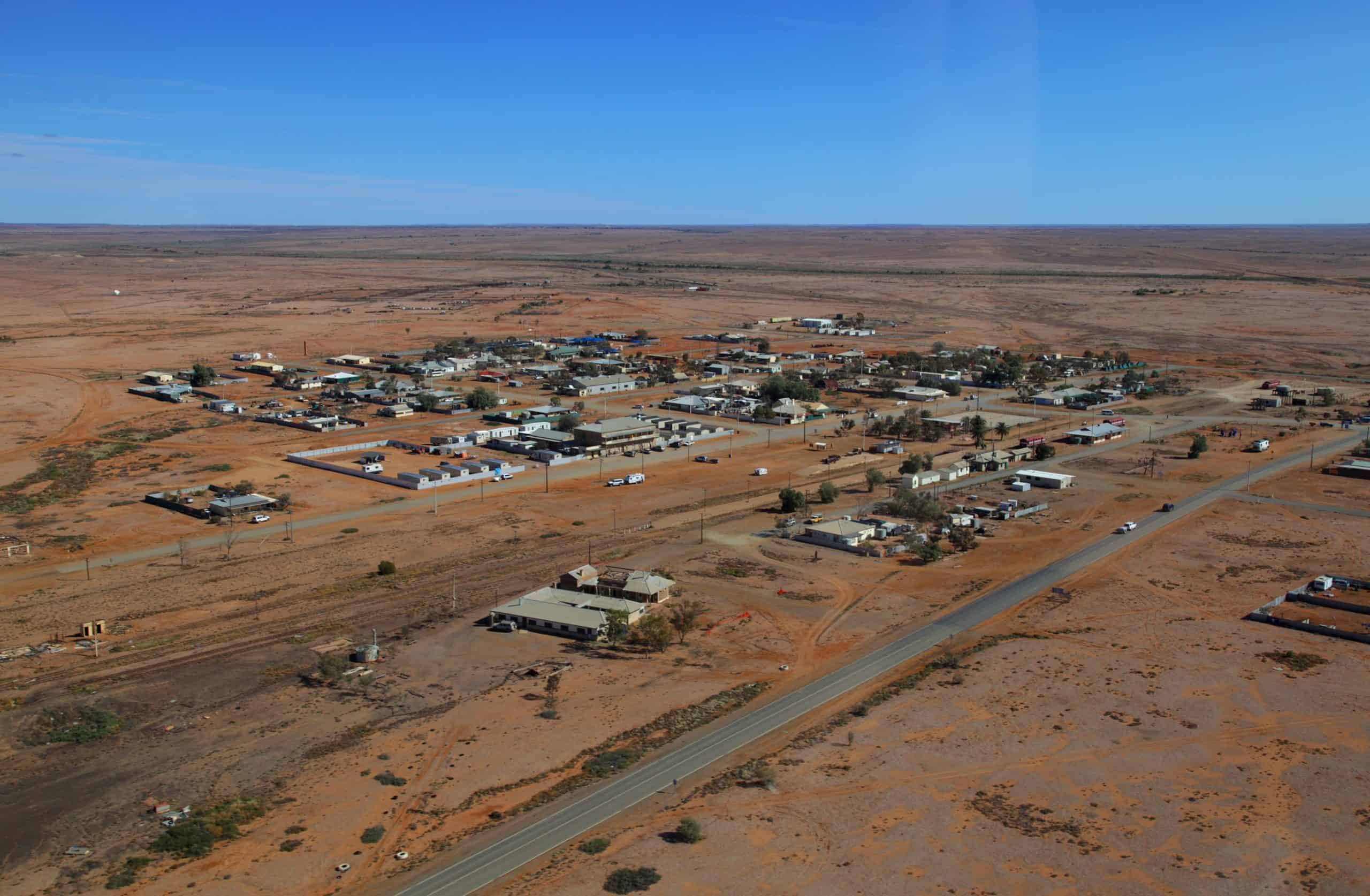Remote area nurses (RANs) work in an advanced and extended practice role that undergraduate education does not prepare them for.1 They work in generally low resource areas, with less professional and personal supports, often in a cross-cultural situation.2
The remote health workforce is unstable, with difficulties with recruitment and retention and very high turnover rates, with a reported turnover for RANs for NT government very remote clinics in 2013-2015 of 148% for RANs.3
The Remote Health Program (RHP) was a joint development between Flinders University and the Council of Remote Area Nurses of Australia (CRANA), and in collaboration with the Australian College of Rural and Remote Medicine (ACRRM) and the Services for Australian Rural and Remote Allied Health (SARRAH) to prepare and educate nurses and health professionals for working in remote areas of Australia. The program comprises the Graduate Certificate and the Graduate Diploma in Remote Health Practice and Master of Remote and Indigenous Health.
Methods
The research objectives were to evaluate satisfaction with and impact of the RHP. All students who had enrolled in any of the Remote Health Program courses from 1999 to 2019 (n=1,251), including non-completers and for whom an email address was available (n=1,021), were sent an online questionnaire asking about satisfaction and experiences with the course/s. Students were also asked about their confidence level regarding the necessary skills to practice in a remote community.
Results
One hundred and fifty-six eligible former students (15.3%) responded, most of whom had a nursing background (78.3%), with the rest a range of medical practitioners and 15 different allied health professions.
Respondents’ overall rating of the courses was very high, with 84%, 89% and 80% of those completing the Graduate Certificate, Graduate Diploma and Masters course, respectively, rating the course as good or excellent. Similar proportions would strongly or very strongly recommend the course to others (87%, 95%, and 76%, respectively), and agreed or strongly agreed that they were confident that they had the skills to practice in a remote community (65%, 84%, and 84%, respectively). Topics with higher levels of self-reported improvement in confidence were remote health, Aboriginal and Torres Strait Islander health, social determinants of health and primary healthcare.
Three quarters (73%) of students had worked in a remote or very remote location since completing their RHP course, compared to 58% when they started the course. Almost half (47%) of the respondents reported RHP course facilitated employment in a remote setting. One-third (35%) reported that the course had contributed to them staying longer in a remote setting. One-third (33%) reported that the course had facilitated a workplace promotion.
Discussion
The results indicate a high level of satisfaction with the RHP among participants. The RHP appears to help prepare nurses and health professionals to work in remote Australia and increase self-confidence with skills needed for remote practice. Considering the difficulties in recruitment and retention, facilitation of employment in remote communities and contributing to longer stays in remote communities are important remote health professional workforce outcomes of the RHP.
References
1 Lenthall S, Wakerman J, Knight S. The frontline and the ivory tower: A case study of service and professional-driven curriculum. Aust J Rural Health. 2009;17(3):129-133. doi:10.1111/j.1440-1584.2009.01056.
2 Lenthall, S., Wakerman, J., Opie, T., Dunn, S., MacLeod, M., Dollard, M., Knight, S. Nursing workforce in very remote Australia, characteristics and key issues. Australian Journal of Rural Health, 19(1), 32–37, 2011. https://doi.org/10.1111/j.1440-1584.2010.01174.x
3 Wakerman, J., Humphreys, J., Russell, D., Guthridge, S., Bourke, L., Dunbar, T., Jones, M. P. 2019. Remote health workforce turnover and retention: What are the policy and practice priorities? Human Resources for Health, 2019; 17(1), 1–9. https://doi.org/10.1186/s12960-019-0432-y
Authors:
Sue Lenthall RN, PhD is Director, Katherine Campus at Flinders University NT, and O’Keefe House at Katherine District Hospital NT
Chris Rissel BSc(Psych)(Hons), MPH, PhD, Flinders Northern Territory, Flinders University, Royal Darwin Hospital campus, Tiwi NT
Heather Jensen AppSc(OT), MHS (OT) is Lecturer, Flinders Northern Territory, Flinders University, Alice Springs NT
Deborah Russell MBBS, MClinEpid, PhD, FRACGP is Senior Research Fellow, Menzies School of Health Research, Charles Darwin University, Alice Springs NT
Supriya Mathew PhD, M Ocean Technology, M Physics, B Education, B Physics is Senior Research Officer, Menzies School of Health Research, Charles Darwin University, Alice Springs NT








